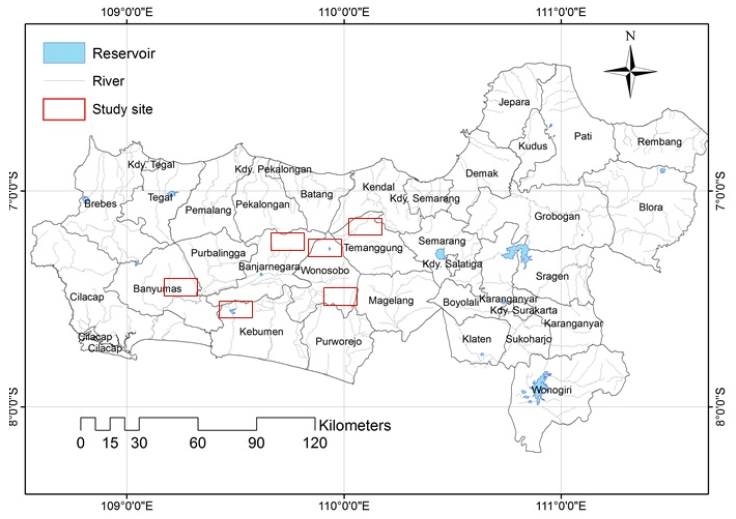Abstract: Large-scale land cultivation practices for agriculture which disregard conservation principles are resulting in land degradation problems in tropical regions. The differences of environmental condition become the main concern for determining proper strategies to overcome this problem. The present study aimed to evaluate the application of land and water conservation (LWC) practices in tropical agricultural watersheds. The conservation practices (in the form of regreening bare areas and construction of LWC structures i.e. small-scale dam, terrace and stone weir) were performed in a partnership scheme involving government, higher education institution, local inhabitant and private party. The result showed that the partnership approach made conservation activities possible in a shorter time and a lower risk of failure. Economically, it reduced the unit cost of the conservation structures construction up to 70%. We also assessed the dam performance for LWC purpose. The assessment indicated the dam could effectively increase soil water storage and control the river sedimentation. The use of local resources (community and materials for conservation structures) enabled the sustainable of LWC practices on a watershed scale.
Keywords: agricultural watershed, conservation structure, land degradation, land protection


















